Evaluation of a Chronic Disease Self-Management Program in Kentucky
VerifiedAdded on 2023/01/23
|20
|1713
|31
Report
AI Summary
This report presents a detailed overview of a chronic disease self-management program designed for the residents of Kentucky, initiated by the Kentucky Department of Public Health. The program aims to address the growing prevalence of chronic illnesses, particularly among rural and low-income populations. It includes strategies for cultural competence, ethical considerations, and stakeholder engagement, such as healthcare professionals and community members. The program involves workshops focusing on self-management techniques, lifestyle changes, and medication management, with both short-term (increased knowledge) and long-term (improved health behaviors) outcomes defined. The report also covers resource utilization, including human and financial resources, budget sustainability through funding, and evaluation methods like pre and post-program health assessments to measure the program's effectiveness and success. The program's ultimate goal is to reduce mortality rates and improve the overall health satisfaction of the community, aligning with industry benchmarks for successful implementation.
1 out of 20

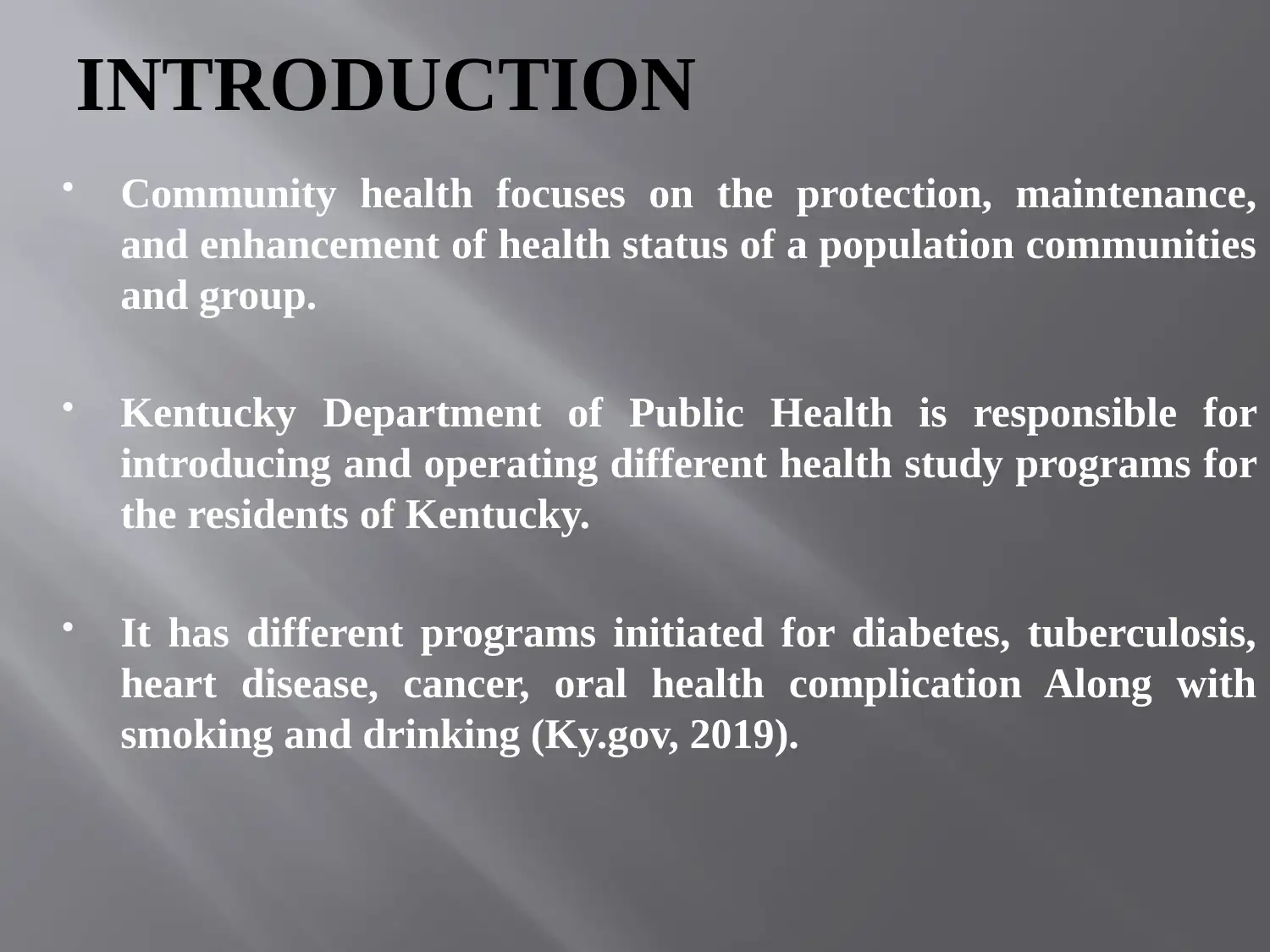
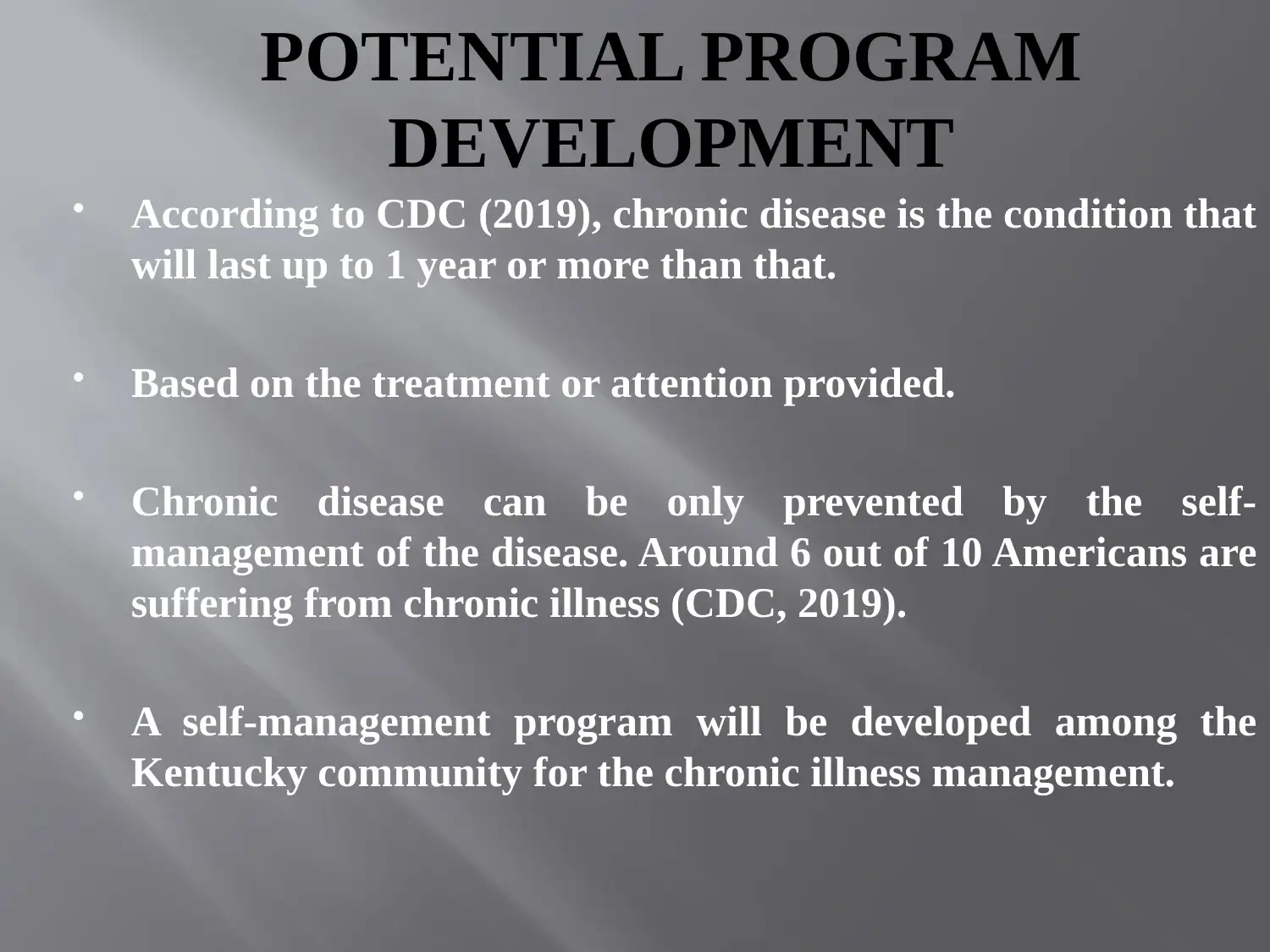

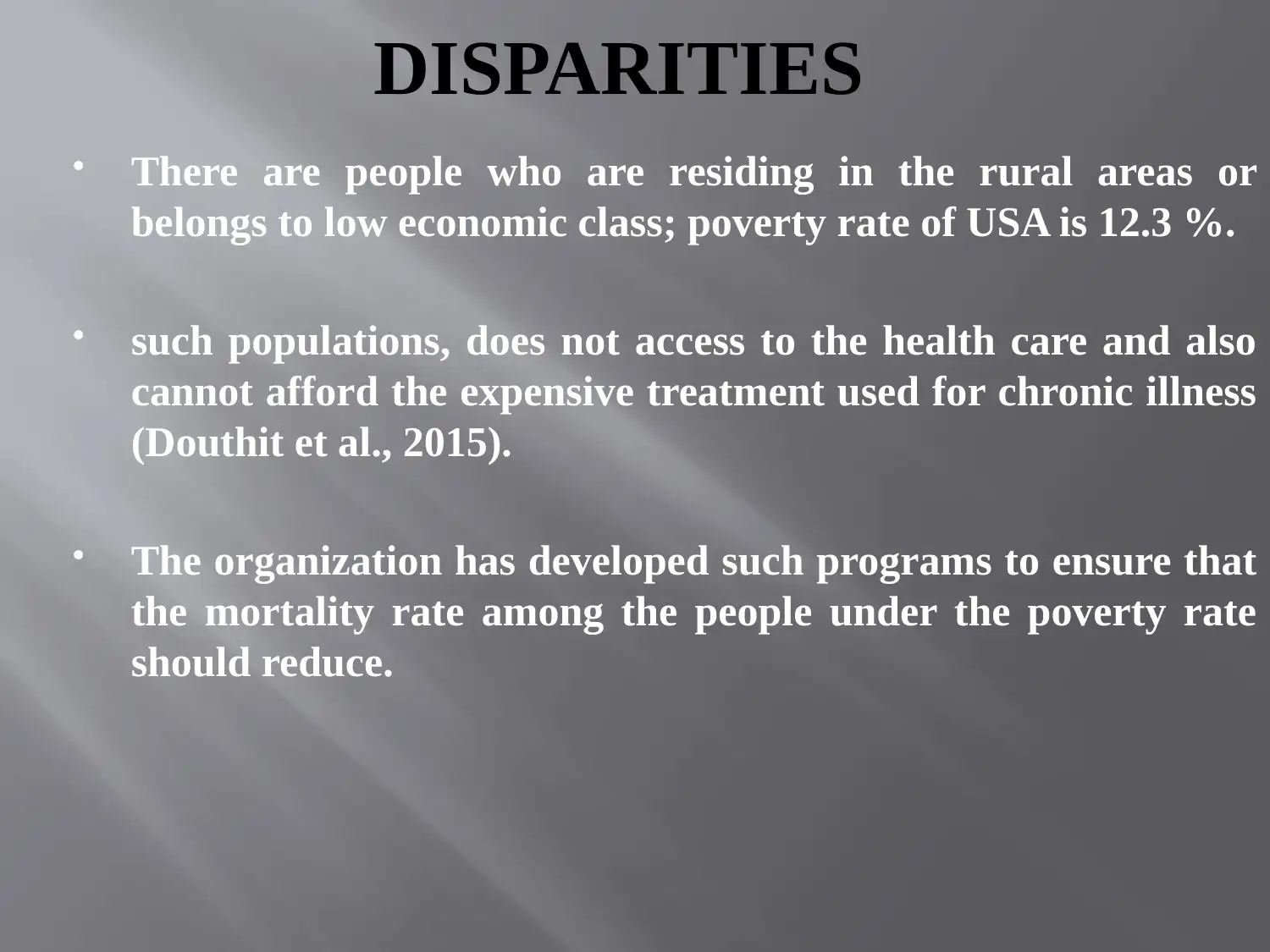

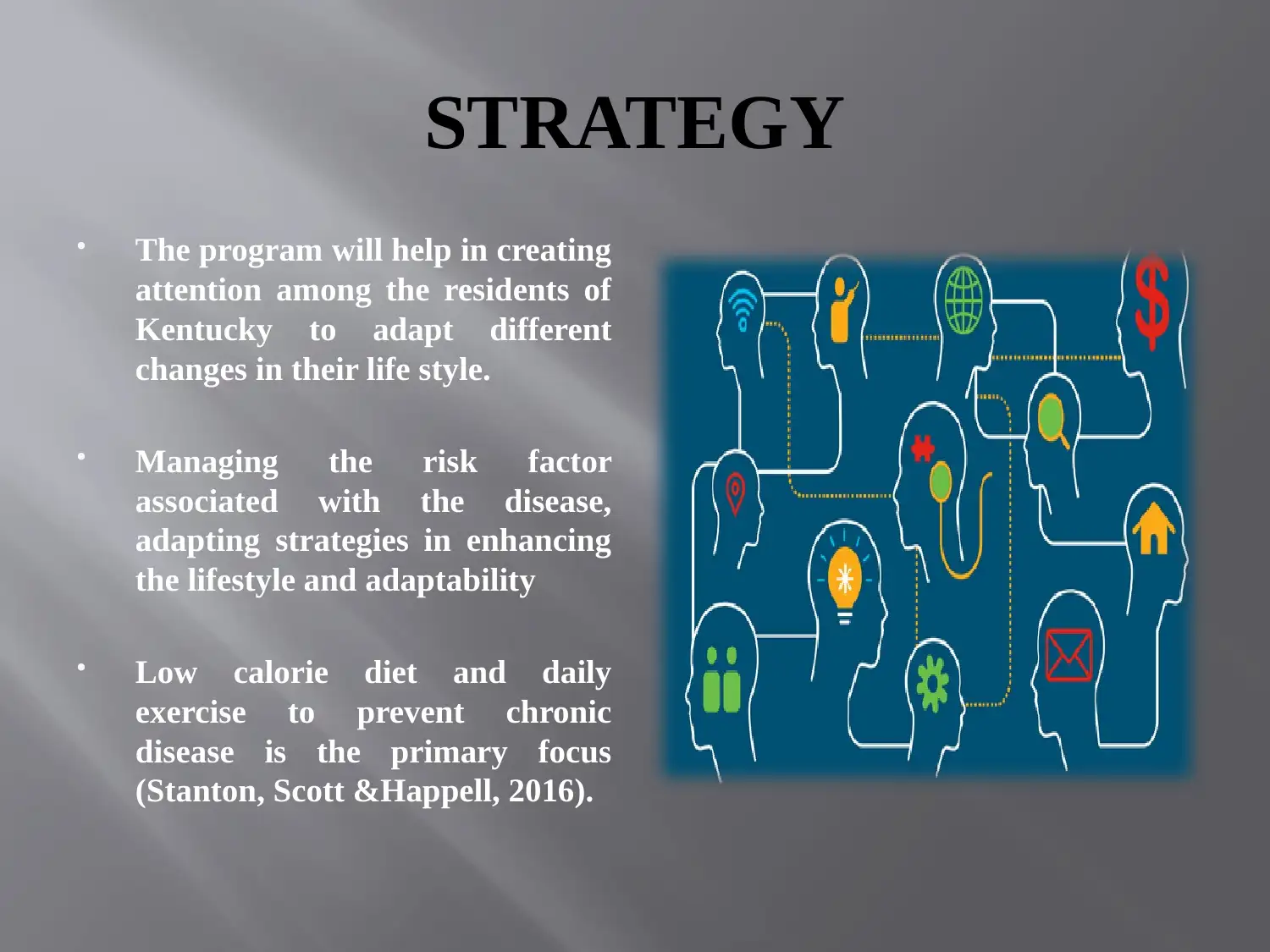
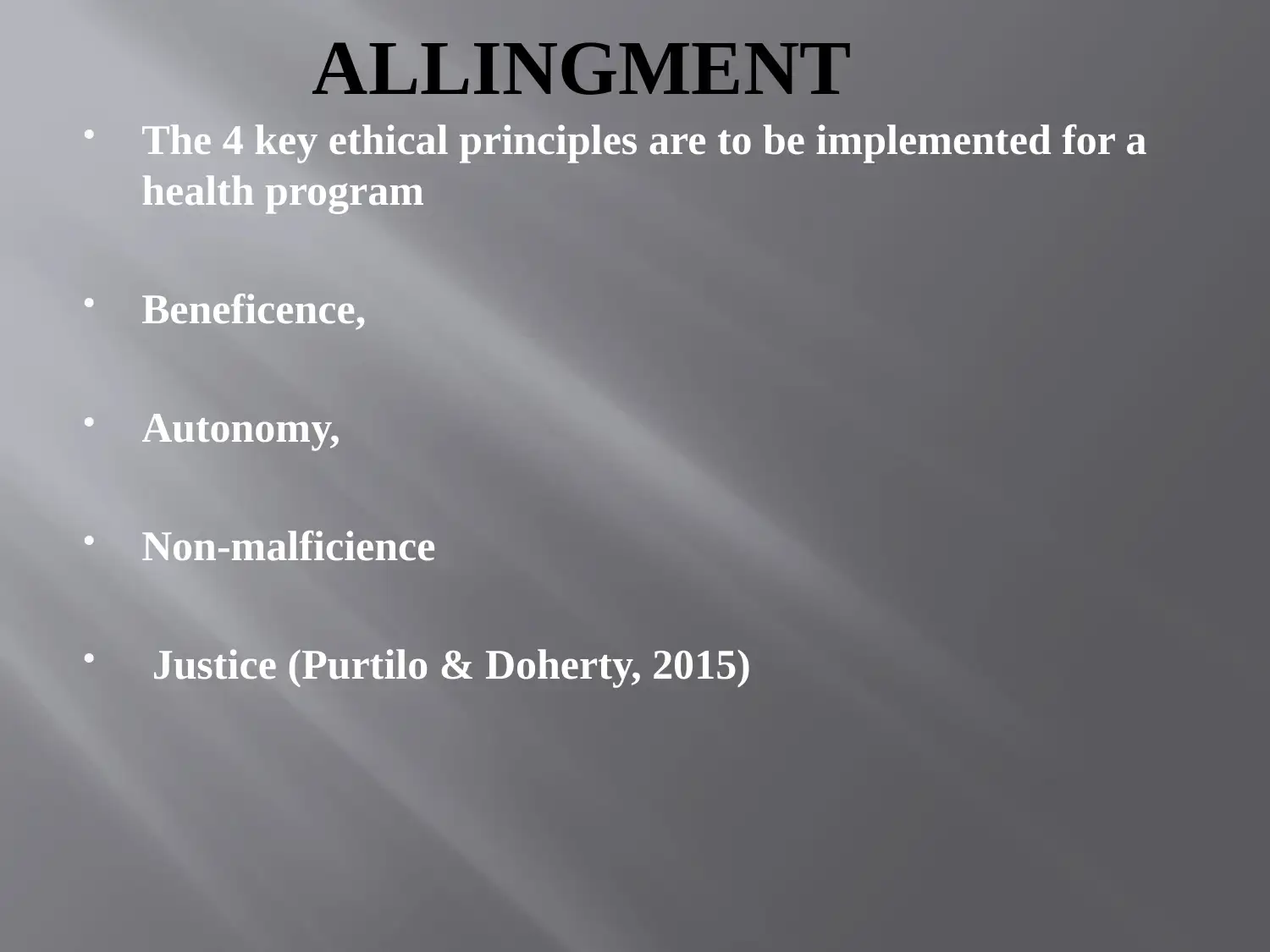
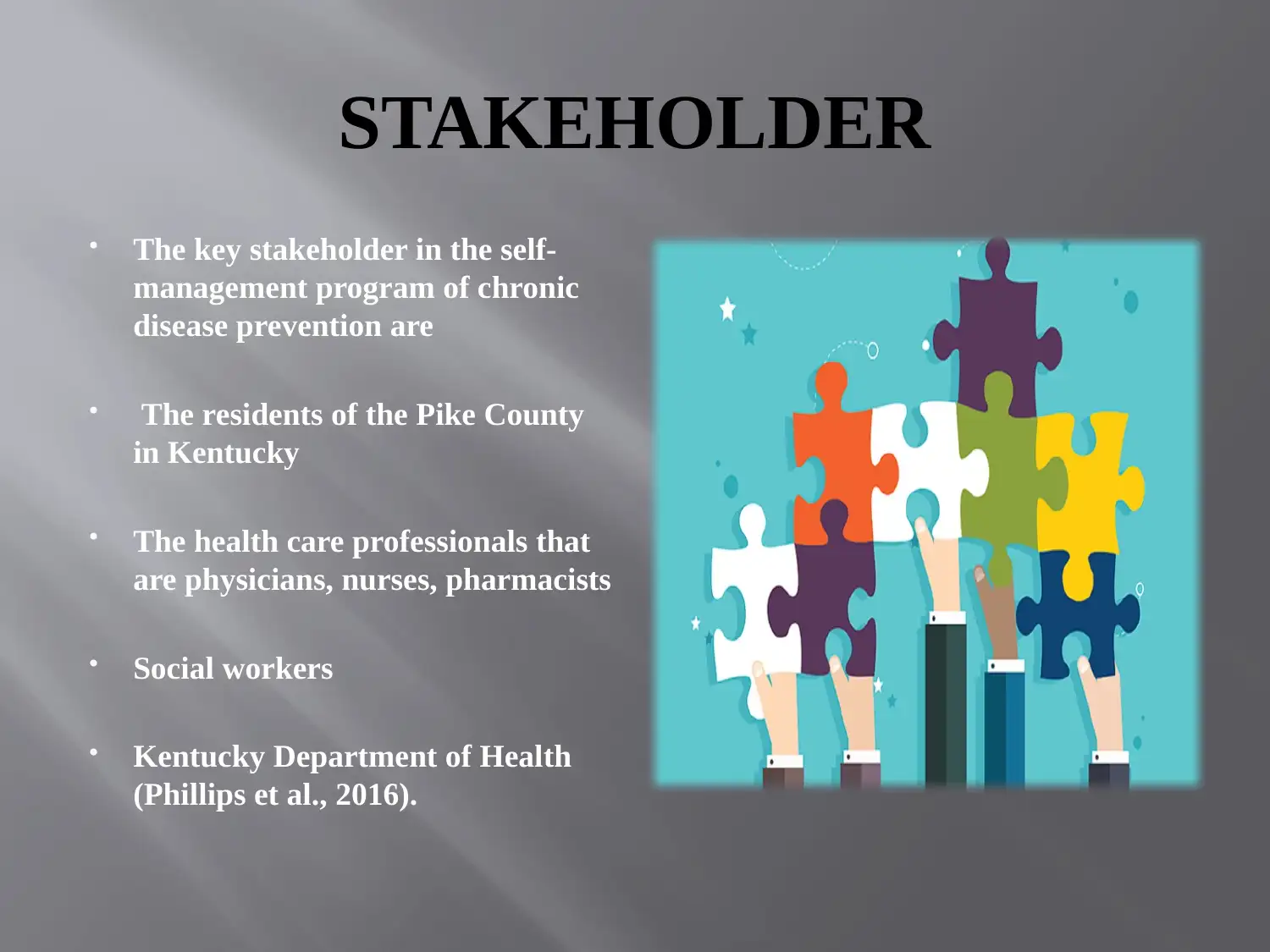
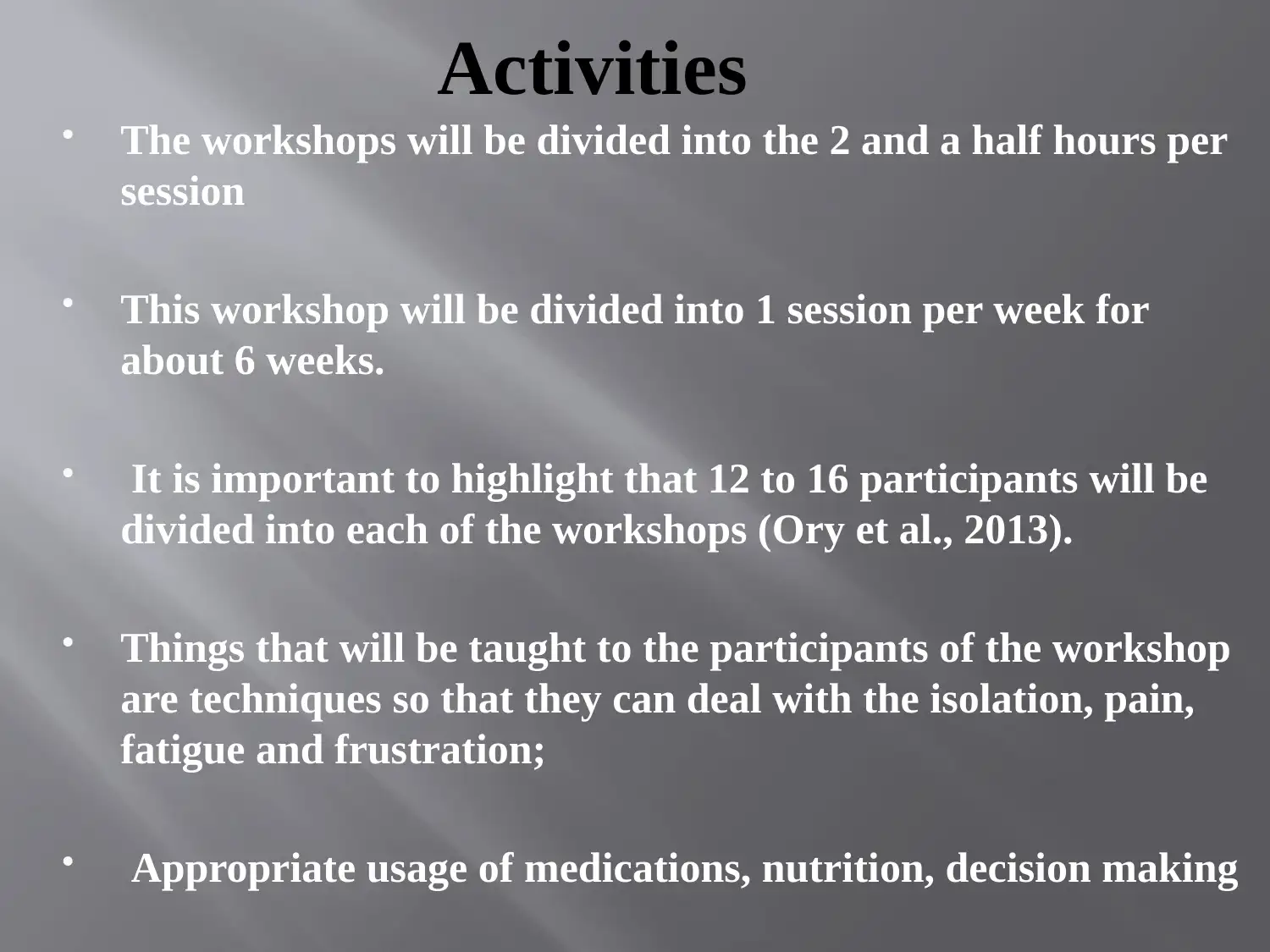
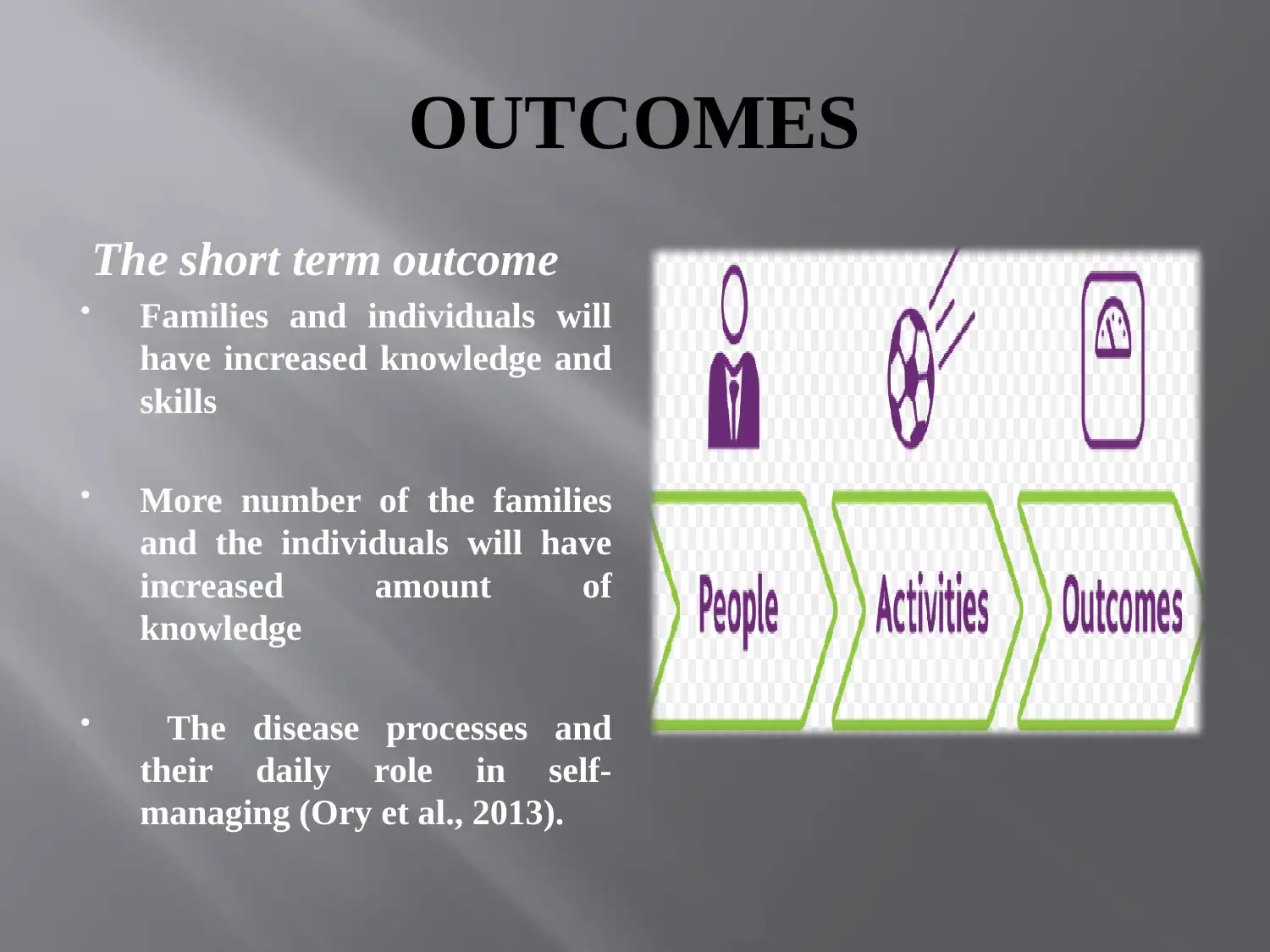
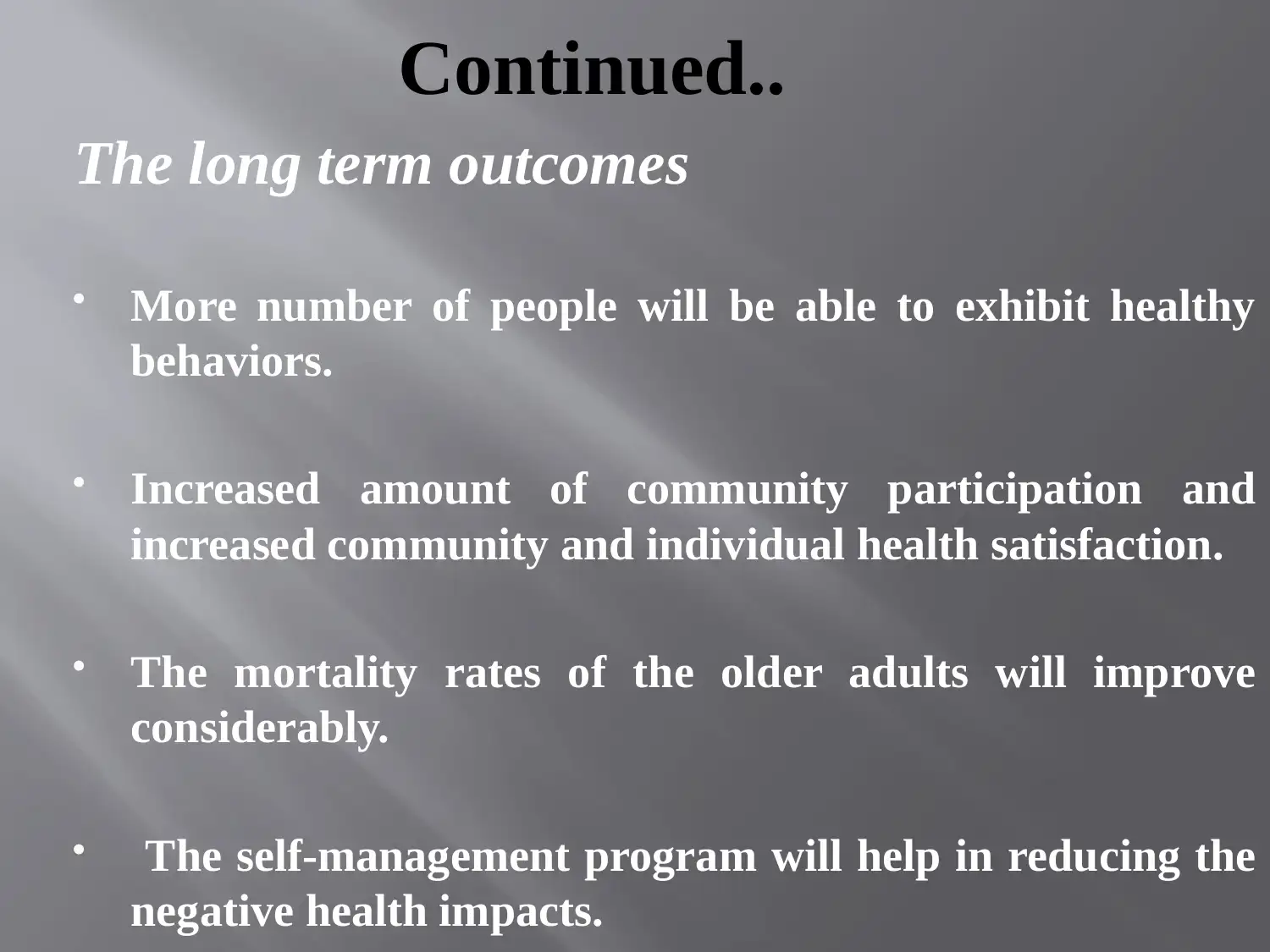
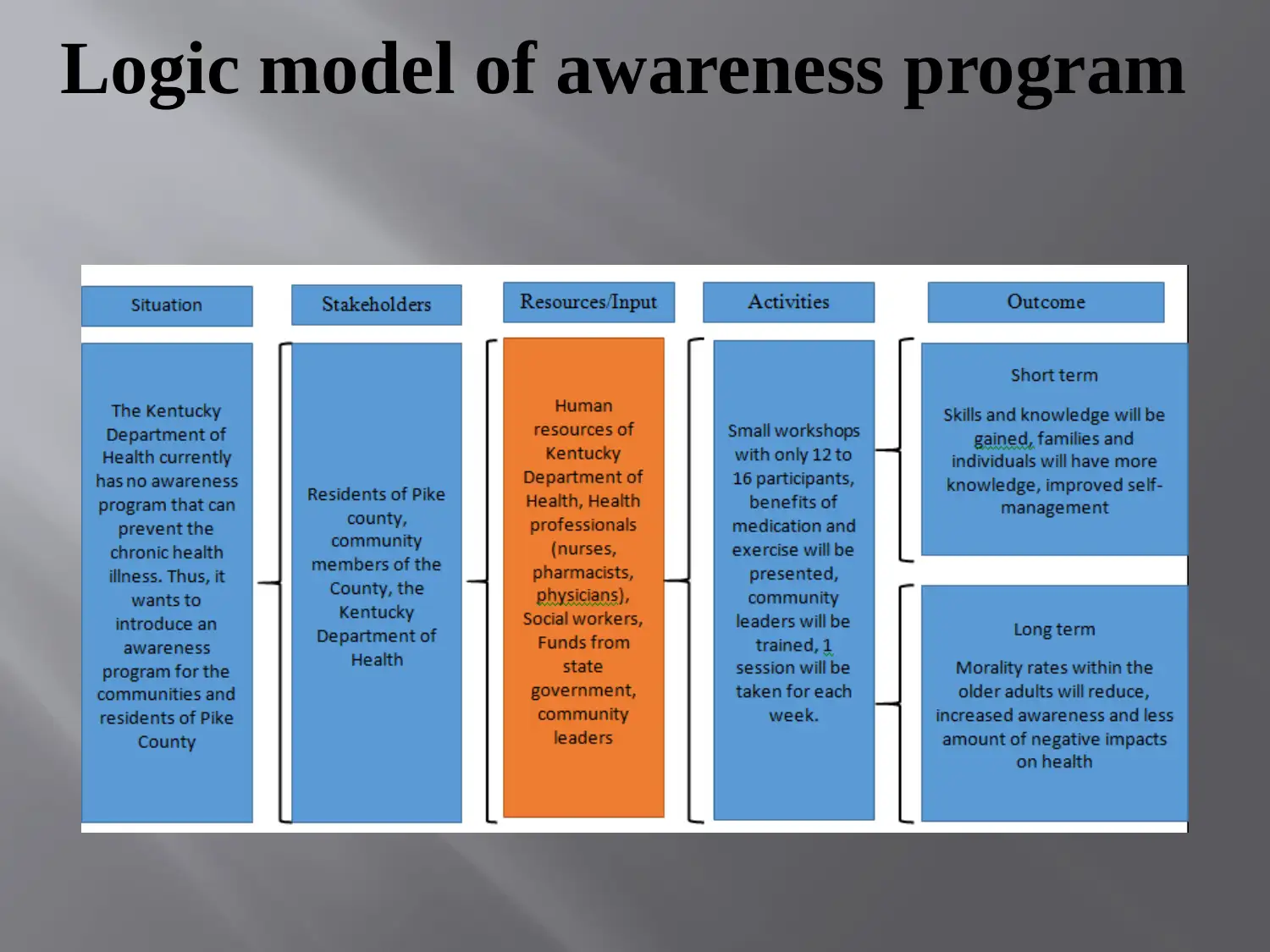




![[object Object]](/_next/static/media/star-bottom.7253800d.svg)